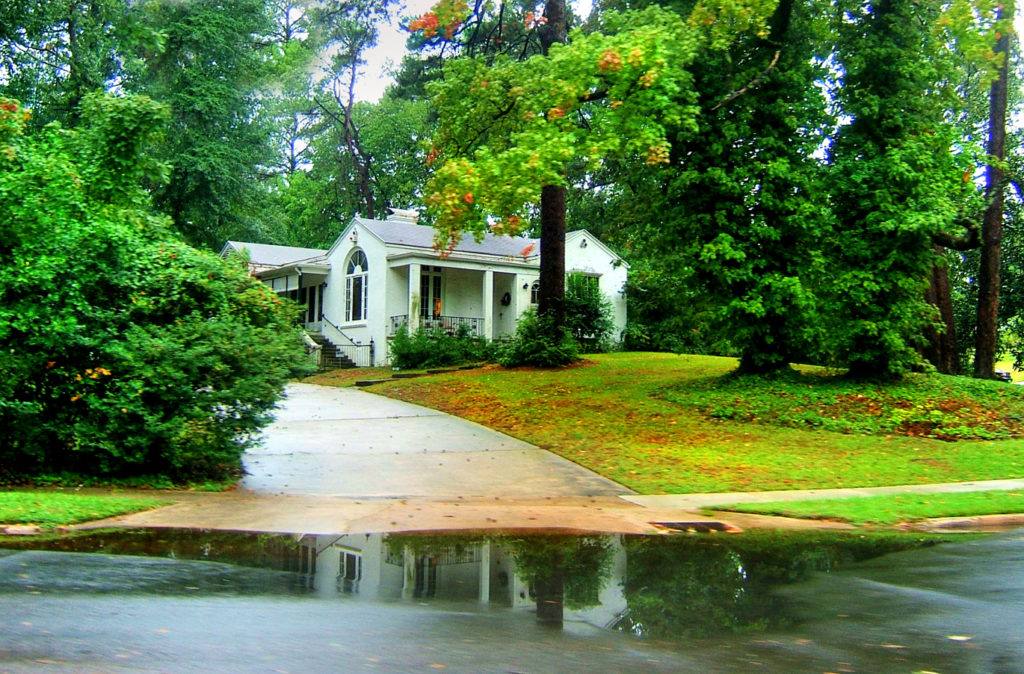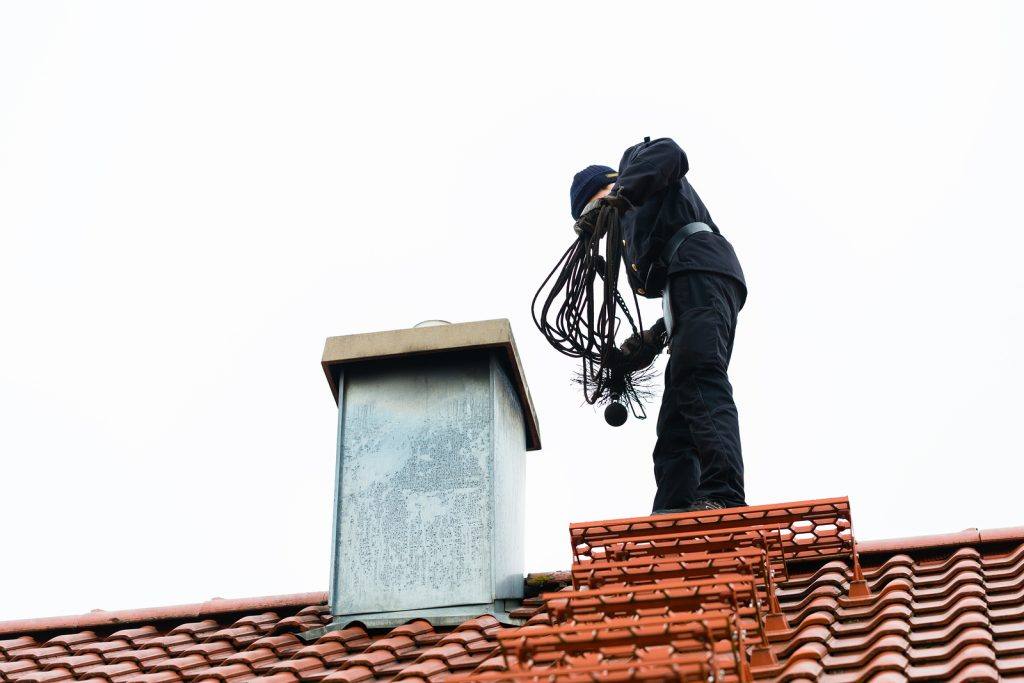April showers bring May flowers, right? Well, they can also bring leaky chimneys! If you have chimney without cap, you’re in for a wet time. You’ll start seeing symptoms of leaks during spring and summer, and even chimneys that’ve never had problems before can leak.
YOUR CHIMNEY WITHOUT CAP
Chimneys are complex structures and are always exposed to the weather. They aren’t designed to go with chimney without cap, but not everyone knows this. Because chimneys are always exposed, rain water, leaves, feathers, and all sorts of things can fall into them and build up or cause damage.
The entrance of rain into your chimney may not sound very dramatic to you. But when the masonry and other components in your chimney degrade and lose stability, or lose fire proofness, it becomes dramatic. Wetness can cause spalling and crumbling brickwork, and things like leaves that fall into your chimney are a fire hazard.
WHY GET A CHIMNEY CAP?
The top reason is to prevent damage to your home. To prevent water coming in, part of a chimney cap acts like an umbrella, and a screen section prevents the debris from falling in or sparks from floating out.
Don’t worry about a chimney cap affecting your draft. If your chimney cap has sufficient clearance and you keep it clean, it will either not affect your chimney draft or improve it. When wind blows, the convex shape of the cap creates a slight vacuum at the top of the flue so your chimney should draw better with the cap in place. Some chimney caps are even specifically designed to improve chimney draft!
IF YOU SEE WATER COMING IN, IT COULD ALSO BE DUE TO: FLASHING
If your chimney flashing starts to wear down, water can get in. Flashing is a tight strip inside your chimney that seals the seam between your roof and chimney to prevent water coming in. If the flashing is damaged or loses its seal due to age or wear and tear, water will get through the gaps. This can in turn water damage to the roof, chimney, ceilings and walls. Metal flashings are preferred over mastic flashings.
INCORRECT CHIMNEY CAP
Water can get in if the chimney cap doesn’t fit well. Chimney without cap that fits, the fireplace and flue are completely exposed to water from the rain. An ill-fitting cap is barely better than no cap at all.
MASONRY DAMAGE
Because your chimney is directly exposed to rain, the masonry components will deteriorate over time. Water can cause bricks to spall and crack (letting in water), in addition to making your chimney look unkempt.
You may know your chimney is leaking because you see visible water in the flue or fireplace. But because of the complexity and size of many chimney systems, leaks can easily go undetected for a while. You might not even know there’s water damage until significant damage has already been done.
To prevent chimney leaks, it’s best if you call in a professional for annual Irish Sweep chimney sweepings and inspections. We’ll be able to detect any damage so that you can get it fixed before the chimney starts to leak!


